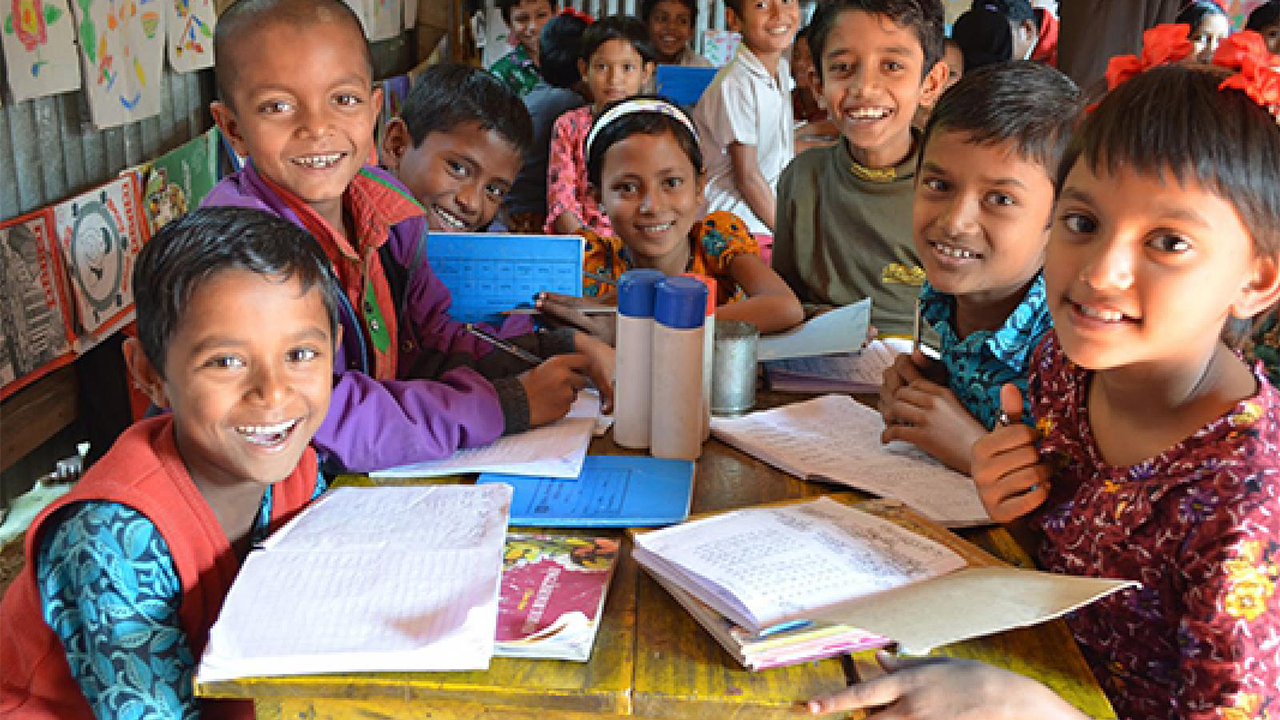Climate change is one of the most pressing global challenges of our time. Its far-reaching impacts on the environment, economies, and societies have prompted nations worldwide to take action. In this endeavor, education plays a pivotal role, equipping individuals with the knowledge and skills necessary to address and mitigate the effects of climate change. Commonwealth countries, a diverse group of nations spanning across continents, have recognized the urgency of climate literacy and have been taking significant initiatives to incorporate it into their education systems.
The Importance of Climate Literacy
Climate literacy refers to the understanding of climate science, the ability to assess its impact on the world, and the capacity to make informed decisions and take appropriate actions to address climate-related challenges. It is a critical component in the fight against climate change because it empowers individuals to contribute meaningfully to sustainability efforts. Commonwealth countries understand that a well-informed citizenry is essential for building resilient communities and achieving global climate goals.
Integration into Curricula
Many Commonwealth countries have made strides in integrating climate literacy into their educational curricula. They recognize that schools and educational institutions are ideal platforms for instilling a sense of responsibility and knowledge about climate change from an early age. Initiatives like the Climate Smart Schools program in Jamaica and the Green Schools program in India are exemplary in this regard, infusing climate-related topics into subjects across the curriculum.
Teacher Training and Capacity Building
Effective climate education relies on well-trained educators who can deliver accurate and engaging content. Commonwealth countries have undertaken initiatives to enhance teacher training and capacity building in this area. For instance, in Kenya, the Ministry of Education collaborates with organizations to train teachers on climate science and its integration into various subjects. These efforts ensure that students receive quality education that equips them with a deeper understanding of climate change.
Promoting Climate Literacy Beyond the Classroom
Climate literacy is not confined to the classroom; it extends to the broader community. Commonwealth countries have taken steps to promote climate education beyond educational institutions. Initiatives like community workshops, public awareness campaigns, and the dissemination of climate-related information through media platforms help engage citizens of all ages in climate action. In countries like the Maldives, community-based climate resilience programs empower local communities with the knowledge and tools to adapt to changing environmental conditions.
Global Collaborations and Partnerships
Recognizing that climate change is a global issue, many Commonwealth countries actively participate in international collaborations and partnerships to enhance climate education. They share experiences, best practices, and resources with other nations, contributing to a collective effort to combat climate change. These collaborations often involve organizations like the United Nations Educational, Scientific and Cultural Organization (UNESCO) and the United Nations Framework Convention on Climate Change (UNFCCC).
Youth Engagement
Youth engagement is a cornerstone of climate action in many Commonwealth countries. Recognizing the passion and commitment of young people, governments and organizations are fostering platforms for youth to participate actively in climate initiatives. Youth-led organizations, such as the Commonwealth Youth Climate Network, play a vital role in advocating for climate education and pushing for more ambitious climate policies.
Challenges and the Way Forward
While Commonwealth countries have made significant strides in promoting climate literacy, challenges remain. These challenges include limited resources, varying levels of access to education, and the need for continuous updates to curricula to reflect the evolving science of climate change. However, the commitment and dedication demonstrated by these countries in prioritizing climate education offer hope for a more sustainable future.
In conclusion, education for climate action is an essential component of addressing the global challenge of climate change. Commonwealth countries have recognized its significance and are taking notable initiatives to incorporate climate literacy into their education systems. By integrating climate education into curricula, training teachers, engaging communities, and fostering global collaborations, these countries are laying the groundwork for a more informed and empowered generation capable of addressing climate change and working towards a sustainable future.








